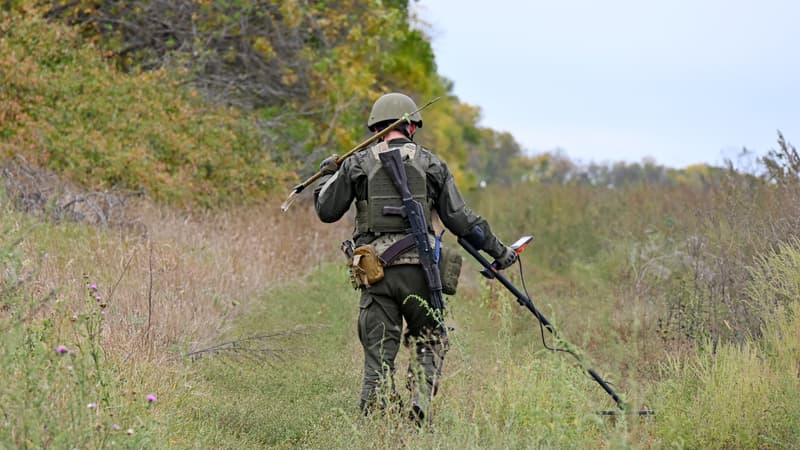The war is far from over, let alone won. Although significant advances by the Ukrainian army in the east of the country have been observed in recent weeks, the Kyiv regime is not mistaken and remains extremely attentive to the upcoming Russian maneuvers.
In a long interview with The Economist, Valery Zaluzhny, head of the Ukrainian armed forces, warns that the Kremlin has not capitulated. Worse, according to him, as in the first months of the invasion last February and March, the Russians “will make another attempt to take Kyiv.”
“We calculate that they have a reserve of almost 1.5 million people. The Russians are preparing some 200,000 new soldiers,” he explains, referring to the mobilization ordered by Vladimir Putin in September, which he says “has worked.”
Kremlin counterattack?
This greater distrust is due to several factors. At first, fighting continues in eastern Ukraine, particularly in the Bakhmout region, where positions are gradually freezing.
In addition, Valery Zaluzhny believes that “the Russian army has spent the last three or four years preparing for the invasion” and can in no way be satisfied with the current result. On BFMTV, several Russian officials, including Duma Deputy Chairman Piotr Tolstoy, had already warned that Russian troops would return to Kherson and Kyiv.
“They wasted their war potential with hardly any results, so now they have to rethink how to get out of this situation,” he insists.
A strategy that, on the ground, offers a new war, where the combats become less and less numerous, unlike the bombings. “They are looking for a way to avoid a direct confrontation between the troops, so they bomb. They need it for a purpose: they need time to gather new resources and create new potential.”
As a closing argument, Valery Zaluzhny also points to the way the Russian military works, and especially the way it has worked throughout history, from the time of the tsars to Vladimir Putin. “A czar tells them to go to war, and they go to war. I studied the history of the two Chechen wars, it was the same, ”he insists.
“They may not be very well equipped, but they are still a problem for us,” he concludes.
Source: BFM TV


